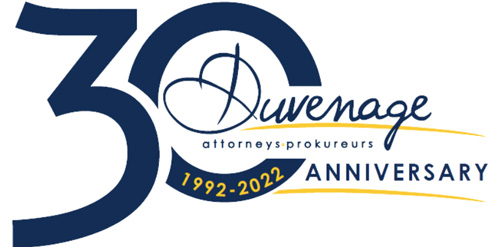BEWARE OF THE CONSEQUENCES OF PAYING AN ADMISSION OF GUILT FINE
The relatively simple act of paying an admission of guilt fine when presented as an alternative for an appearance in court, is often perceived as a quick way to extricate oneself from trouble with the law.
The admission of guilt fine is regulated by Section 57 of the Criminal Procedure Act 51 of 1977. The purpose of allowing payment of an admission of guilt fine is to enable a person to admit guilt in advance and thereby avoid having to appear in Court on a “minor” criminal charge. Admission of guilt fines paid in respect of minor offences such as low category speeding and unlawful parking (traffic offences) is governed by various acts, for example the Road Traffic Act 93 of 1996 and the Administrative Adjudication of Road Traffic Offences Act 46 of 1998, and do not result in a criminal conviction being recorded against the name of the person paying the fine.
WHAT HAPPENS WHEN A PERSON PAYS AN ADMISSION OF GUILT FINE?
- Admits his/her guilt; and
- A criminal conviction is recorded against that person’s name in the Criminal Record for Admissions of Guilt; and
- Waives a number of rights including but not limited to the right to be found guilty beyond reasonable doubt.
HOW LONG DOES A CRIMINAL RECORD REMAIN?
A criminal conviction remains recorded against the person’s name for life (unless expunged) and must be disclosed when that person applies for a job, visa or firearm licence.
It is therefore advisable that you contact Duvenage Attorneys when you are faced with the option of paying an admission of guilt fine and our criminal law attorneys will gladly assist you.





